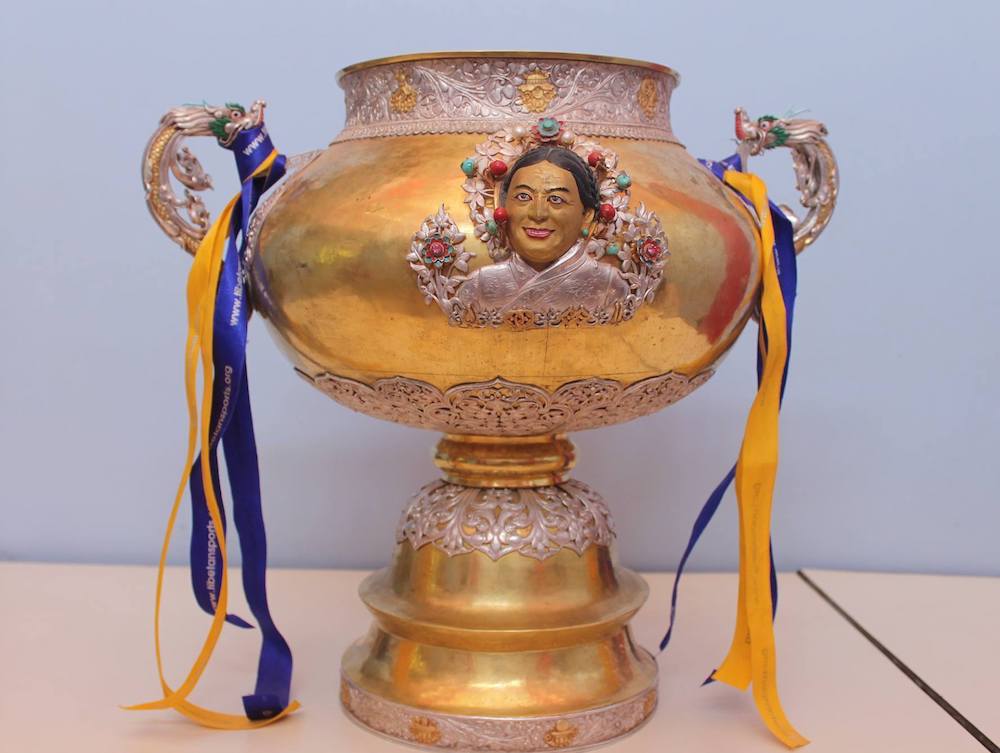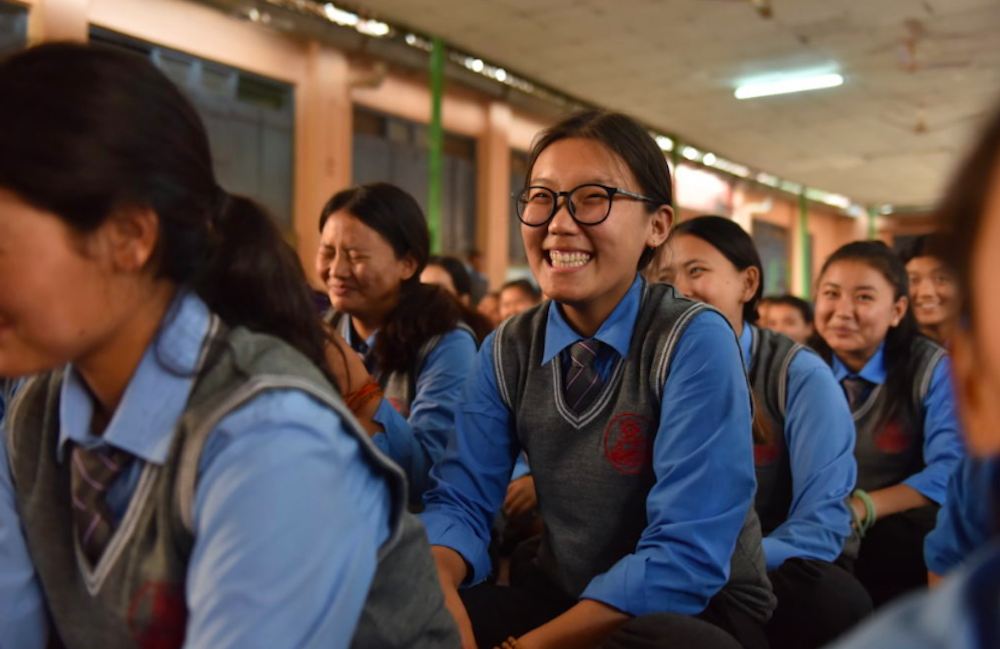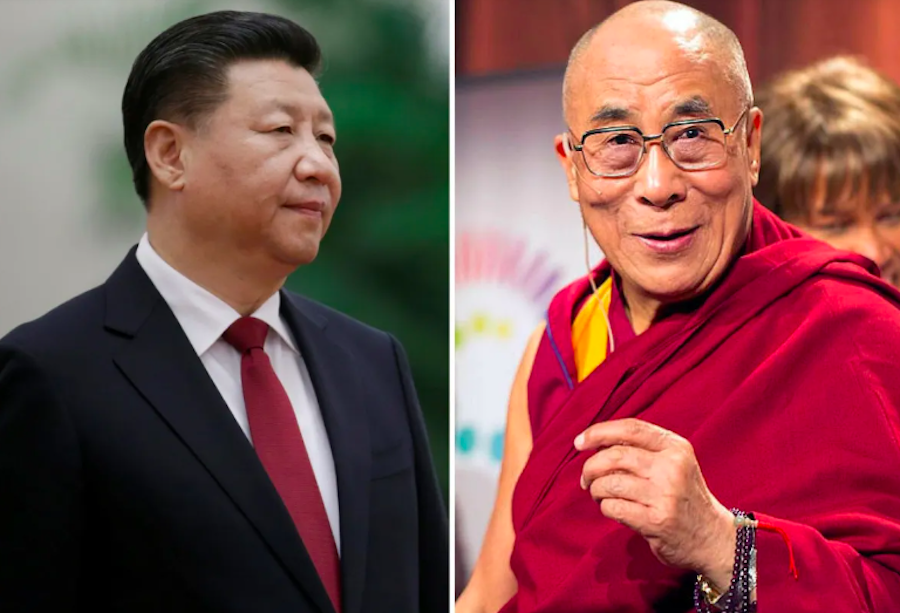By Richard Spencer in Beijing
April 9 – Olympics chiefs meeting in China have bowed to their hosts by removing any mention of Tibet from a statement setting out its support for the Beijing Games.
The declaration was originally to have contained a call for the Chinese government to act over the province.
It called for “a fair and reasonable solution to the internal conflict that affects the Tibet region”, said Mario Vazquez Rana, president of the Association of National Olympic Committees.
But he said there had been a complaint that this was “interfering in the internal affairs of a country” – a standard wording used by Chinese government officials to reject criticism from abroad.
“So I modified the text that I had drafted and there was no mention of Tibet in the modification,” Mr Vasquez Rana said at the launch of the document.
Instead, the wording calls for “a fair and reasonable solution to the internal conflict for the benefit of the Games and the athletes”, limiting “interference” to any direct effects the troubles might have on the Games.
The national committees were meeting the day before a full meeting of the International Olympic Committee, the last before the Games.
It is expected to discuss the fate of the Olympic torch relay, which was dogged by protests in London and Paris and is likely to be hit by more disruption in San Francicso.
Mr Vazquez Rana gave no details of the debate about what to say about Tibet in the declaration, which also rejected any calls for a boycott of the Games and “any intent to use the Olympic Games for political ends.”
But Jacques Rogge, the IOC president, has always insisted that it is not for the Olympic movement to put public pressure on China over human rights or other political issues.
Mr Rogge denied that the international leg of the relay will be scrapped, though there remain calls for it not to be including in future Games, including London 2012.
China pledged to continue with controversial plans to take the relay through Tibet. The province’s governor, Champa Phuntsog, said that while he was expecting trouble, anyone who tried to stop the relay would be “dealt with severely according to law”.
The government also made a fresh attempt to persuade the world of its side of the Tibet story, taking a second group of hand-picked journalists to a Tibetan-occupied region on a closely-organised tour.
But once again it was disrupted by monks staging a demonstration and calling for the return of the Dalai Lama.
“We want human rights, we want the Dalai Lama back, we want to preserve our religion and culture,” they shouted according to reporters visiting the Labrang monastery in the town of Xiahe, Gansu province, the most important place of worship for Tibetan buddhists outside the province itself.
Television footage showed the monks waving the banned Tibetan flag.
Earlier, Australian officials confirmed that Beijing had complained about critical comments made about the Tibet situation by the prime minister, Kevin Rudd, on a visit to Washington last week.
Undeterred, Mr Rudd embarrassed the Chinese leadership further by making a speech in Beijing itself attacking the human rights situation in Tibet and making a public call for dialogue.
“Australia, like most other countries, recognises China sovereignty over Tibet but we also believe it is necessary to recognise there are significant human rights problems in Tibet,” he said, speaking in Mandarin, which he studied at university and perfected in a stint as a diplomat in Beijing.
“The current situation in Tibet is of concern to Australians. We recognise the need for all parties to avoid silence and find a solution through dialogue.”
Mr Rudd, the most senior world leader to visit China since the outbreak of unrest across Tibetan areas last month, echoed calls by other world leaders.
But his outspokenness is likely to be seen as something of a betrayal by Chinese politicians and media, who have lionised him for his fluency in Mandarin and his election campaign promise to improve relations with Asia.









